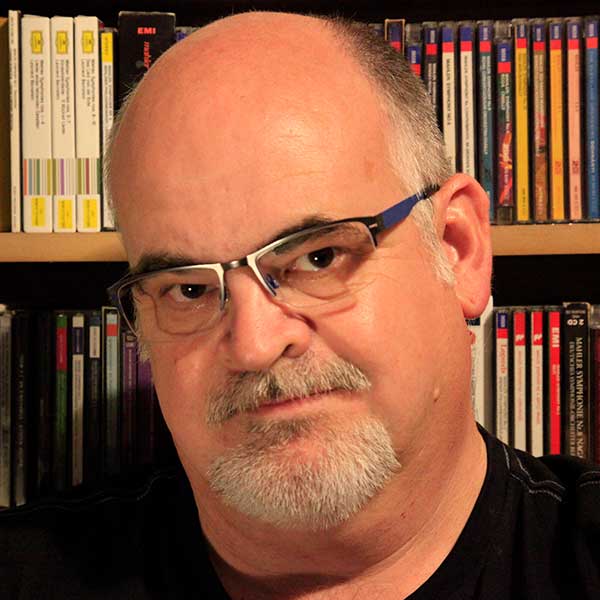Review: Stravaganza D’Amore! (Pygmalion/Raphaël Pichon)
Ten years ago in Paris Raphaël Pichon founded Pygmalion, a superb ensemble of period specialists, and since then they have steadily built a fine discography; their Bach Masses on the Alpha label have garnered raves as have their Rameau, but this latest release should raise their stock considerably. In order to bring to life the genesis of opera, Pichon has contrived the sort of spectacle that the Medici court was famed for at the end of the 16th century. We all know the story of the Florentine Camerata, though few examples of their experiments are extant, but we do have the intermedi of Peri, Malvezzi, Marenzio and others along with the fragments of operas by Peri, Caccini and Gagliano. Recreating a grand wedding festivity, two mini-operas on the stories of Apollo and Orpheus are bookended by celebrations of love and marriage. From the tenor’s opening cry of Stravaganza D’amore, joined by choirs, sackbuts, cornetti and a lavish continuo with every imaginable plucked instrument, I was hooked and listened through both discs entranced. The soloists are splendid. Sophie Junker produces a gorgeous sound; her O che felice giorno by Caccini, an early highlight. Renato Dolcini raises a smile with Brunelli’s witty…


